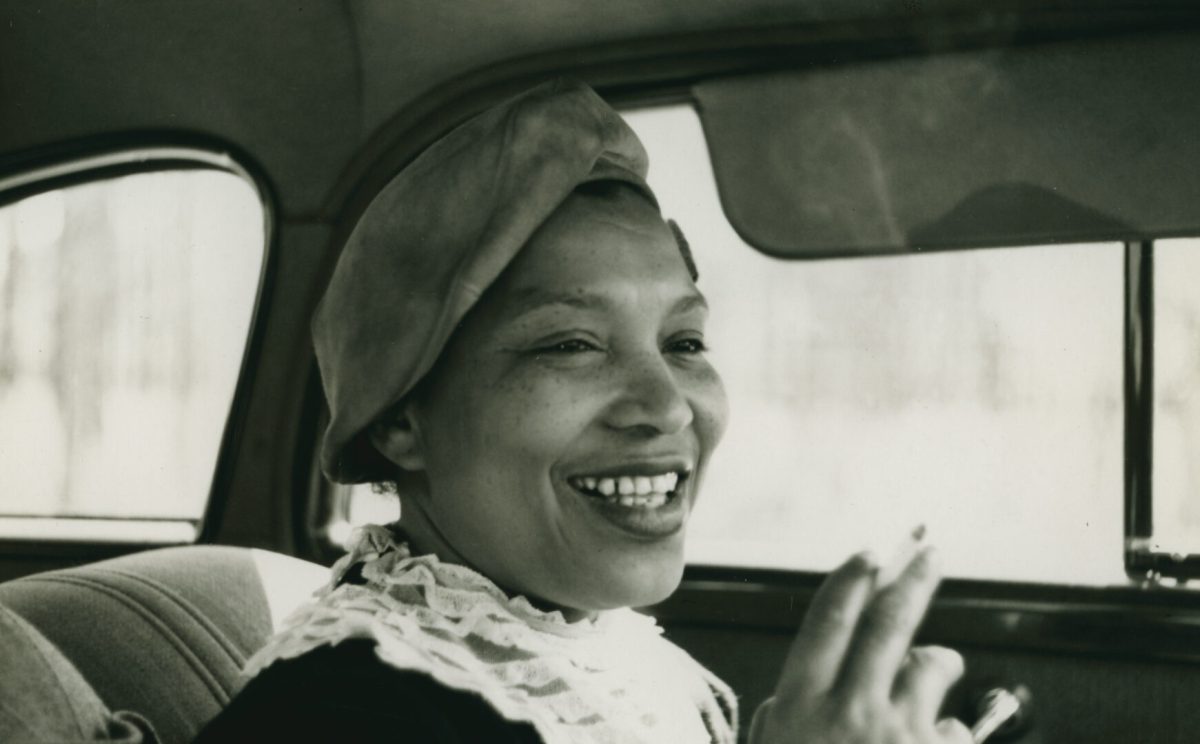Zora Neale Hurston has largely been considered one of the most prolific writers of the early twentieth century, leaving a legacy in which she was committed to studying and recording African American history and folklore.
In her short but impactful writing career, Hurston wrote over 50 short stories, essays, and plays that tackled contemporary issues of African Americans in the early twentieth century that were impacted by racial division and the lingering impacts of slavery.
For decades, Hurston’s works had largely been ignored by the mainstream literary world but began gaining national attention in the early seventies as an interest in Black literary works began gaining interest in part thanks to the Black Liberation Movement.
Born on the cusp of the turn of the century, Hurston was born and raised in Eatonville, Florida in 1891.
Her childhood home was one of the first towns in America to be founded by a community of Black citizens. Here in Eatonville, is where Hurston would be influenced by numerous prolific Black writers and philosophers that would build her passion of writing and education.
After graduating high school, she enrolled in Howard University, one of the earliest HBCUs in America founded in 1867. At Howard, she would participate in numerous campus clubs and organizations, such as the school’s newspaper and Howards literary club.
However, her life would be forever changed in 1927, when she was given a literary award by the Harlem based newspaper, “Opportunity” that thrusted her into Harlem’s bubbling artistic and literary world that would be known as the Harlem Renaissance.
Harlem, located in upper Manhattan, New York City, became the biggest cultural capital of African American culture, following the Civil War and the Great Migration. Due to the influx of the Black migrants from the south, along with the emerging immigrants from the Caribbean, Harlem was made into a cultural hub that emphasized and celebrated Black artistic talents and culture.
By the 1920s, Harlem had become a thriving cultural epicenter that was pioneered by Black artists, such as writer James Bladwin, photographer James Van Der Zee and poet Langston Hughes.
Hurston’s talent in exploring and celebrating African American history and life embodied the Harlem Renaissance, leading her to write some of her most acclaimed poems, essays, and novels.
While in Harlem, she decided to take a road trip across the American south to catalog the varying cultural practices of Black Americans’ communities. During her trip, she recorded the varying cultural practices of “Hoodoo” and “Vodou”, along with interviewing the last living enslaved man who was illegally brought to America from Africa after the shipment of slaves from Africa had been banned.
In 1937, she wrote her most acclaimed book, “Their Eyes Were Watching God”, that was particularly important of Black American history because it mainly focused on Black women.
By the 1940s and 1950s, Hurston’s career led to her becoming financially unstable. Around this same time, the Black civil rights movement began questioning her work due to many accusing her work of glossing over the suppression and violent racism that many Black Americans faced daily.
In 1960, Hurston died of numerous heart complications and was laid to rest in an unmarked grave in Florida.
While relatively unknown for the majority of her career, Hurston stood out in the male dominated field of Black literature and opened doors for future generations of women.

